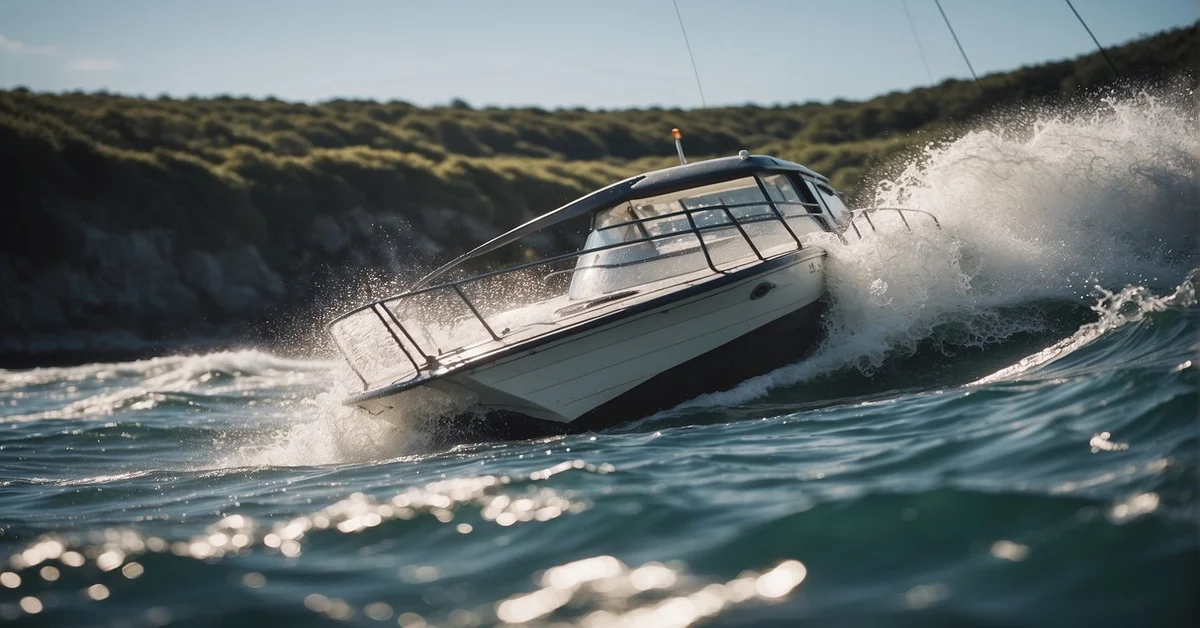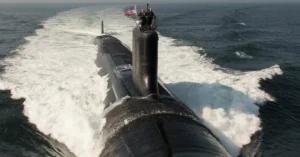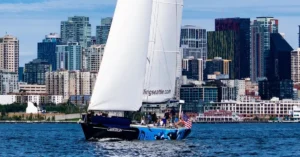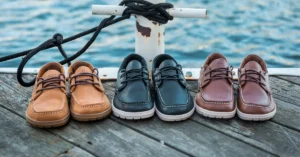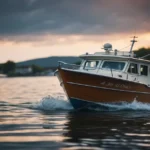Navigating the waters of safety can be as crucial as steering your boat itself, especially when preventing boating accidents. These incidents can cast a shadow over the sunniest of days out on the lake or sea.
Stay tuned as we dive into the wake of this topic, charting a course through the choppy waters of risk and responsibility, all to ensure your next boating adventure is smooth sailing.
Top 5 Reasons for Boating Accidents
Boating is my all-time favorite way to relax and take in the beauty of nature. However, being on the water comes with its risks. Every year, boating accidents happen, sometimes with serious consequences.
Understanding the top causes of these accidents can help us all be safer on the water. Here are the five most common reasons for boating accidents:
1. Alcohol Use: Much like driving a car, operating a boat requires focus, which alcohol impairs. BoatingWise highlights that alcohol is the leading known contributing factor in fatal boating accidents, affecting the operator’s judgment, balance, and coordination.
2. Operator Inattention: Paying attention is crucial. Distractions can lead to missing important signs or notice changes in the water conditions that could prevent an accident.
3. Inexperienced Operators: Without proper knowledge or experience, boat operators may make poor decisions, leading to accidents. Training and education are essential.
4. Speeding: Traveling at high speeds reduces reaction times. Boating Safety emphasizes how speeding at night can be particularly dangerous due to reduced visibility.
5. Equipment Failure: Regular maintenance is key to preventing mechanical issues. Boat Covers Direct advises to keep your boat well-maintained to decrease the likelihood of such failures.
Remember, many of these factors are within our control. I hope we can all enjoy safer boating adventures by staying vigilant and responsible.
Understanding Boating Accidents and Safety

As someone deeply invested in marine safety, I’ve spent much time studying boating accidents. It’s clear that with increasing recreational boating activities, understanding the intricacies of these accidents and the safety measures that can prevent them is crucial.
Causes and Statistics
Each year, the U.S. Coast Guard compiles recreational boating statistics that in 2020, for instance, highlighted 5,265 recreational boating accidents. Among these, 767 were fatalities and over 3,000 suffered injuries. Drowning is the most common cause of death, often resulting from a lack of life jackets.
Factors such as operator inexperience, alcohol use, and improper lookout are among the primary contributing factors to these incidents.
Preventative Measures and Safe Boating Practices
Adopting safe boating practices is essential to mitigate boating accidents. It starts with wearing life jackets at all times and enrolling in a boating safety course. The U.S. Coast Guard advocates the “boater’s pyramid of safety,” which rests on boating instruction and includes engine cutoff switches to prevent runaway boats. Furthermore, avoiding alcohol while operating a boat is a non-negotiable rule; remember to be safe when boating.
Boating Safety Regulations and Outreach
Regulations play a pivotal role in promoting boating safety. The Coast Guard requires certain vessel types to have specific safety gear onboard. For example, personal watercraft, pontoons, and cabin motorboats must follow regulatory guidelines for equipment and operation.
Enforcement of these boating safety regulations is backed by educational outreach initiatives that ensure boaters are aware of and adhere to best safety practices.
Boating Accident Case Studies

When I think about boating accidents, a flurry of critical aspects come to mind, including the causes, impacts, and the poignant lessons we can learn from individual incidents. My focus here is on compiling real-world scenarios that shed light on patterns, state-specific data, and the tangible consequences of these events.
Incident Analysis and Learnings
In my review of kayak mishaps, I’ve noted that unexpected shifts in weather can lead to capsizing incidents. For instance, the sudden onset of a storm might catch a kayaker off guard, especially if they’re inexperienced. Analyzing such cases reveals a common lack of preparation.
Personal motorboats, often involved in collisions, highlight the importance of vigilance while operating a vessel. In one Florida case, the improper lookout was indicated as a primary contributing factor. Here, two open motorboats collided due to the boat operator’s inattention, leading to significant property damage and injuries.
Statistical Overview by State and Vessel Type
Through a precise boating statistics lens, Florida stands out for high rates of boating incidents, closely followed by states like Louisiana, New York, and South Carolina. The popularity of boating in these areas coincides with an elevated number of events.
- Florida: High vessel registration, leading in collisions.
- Louisiana: Notable for disappearances related to fishing trips.
- New York: Frequency in pandemic-related boat sales and resultant inexperienced operators.
Most incidents involve open motorboats, followed by personal watercraft and pontoons.
Impact of Boating Accidents
The impact of boating accidents on human life is hauntingly clear. Fatalities and drowning are often reported as the cause of death among recreational boating accidents, with non-fatal injured victims requiring immediate medical treatment.
Alcohol use, shockingly, features regularly as a cause, emphasizing the need for stricter enforcement of safety regulations. Understanding this helps us grasp the gravity of responsible boating practices.
FAQ – Boating Accidents

I understand boating accidents can be a source of concern for many of you, so I’ve compiled a few frequently asked questions to help navigate these waters.
What are the common causes of boating accidents?
Operator inattention
Improper lookout
Operator inexperience
Machinery failure
Alcohol use
What should I do immediately after a boating accident?
1. Check for injuries and provide first aid if necessary.
2. Contact the Coast Guard or local authorities.
3. Exchange information with other involved parties.
4. Document the scene with photos and notes.
When am I required to report a boating accident?
You must report a boating accident if:
– There is a fatality
– Someone sustains injuries requiring medical treatment beyond first aid
– There is significant property damage
Set sail on the conversation! Drop your anchor in the comments below and share your own experiences and tips to help keep our boating community safe.

